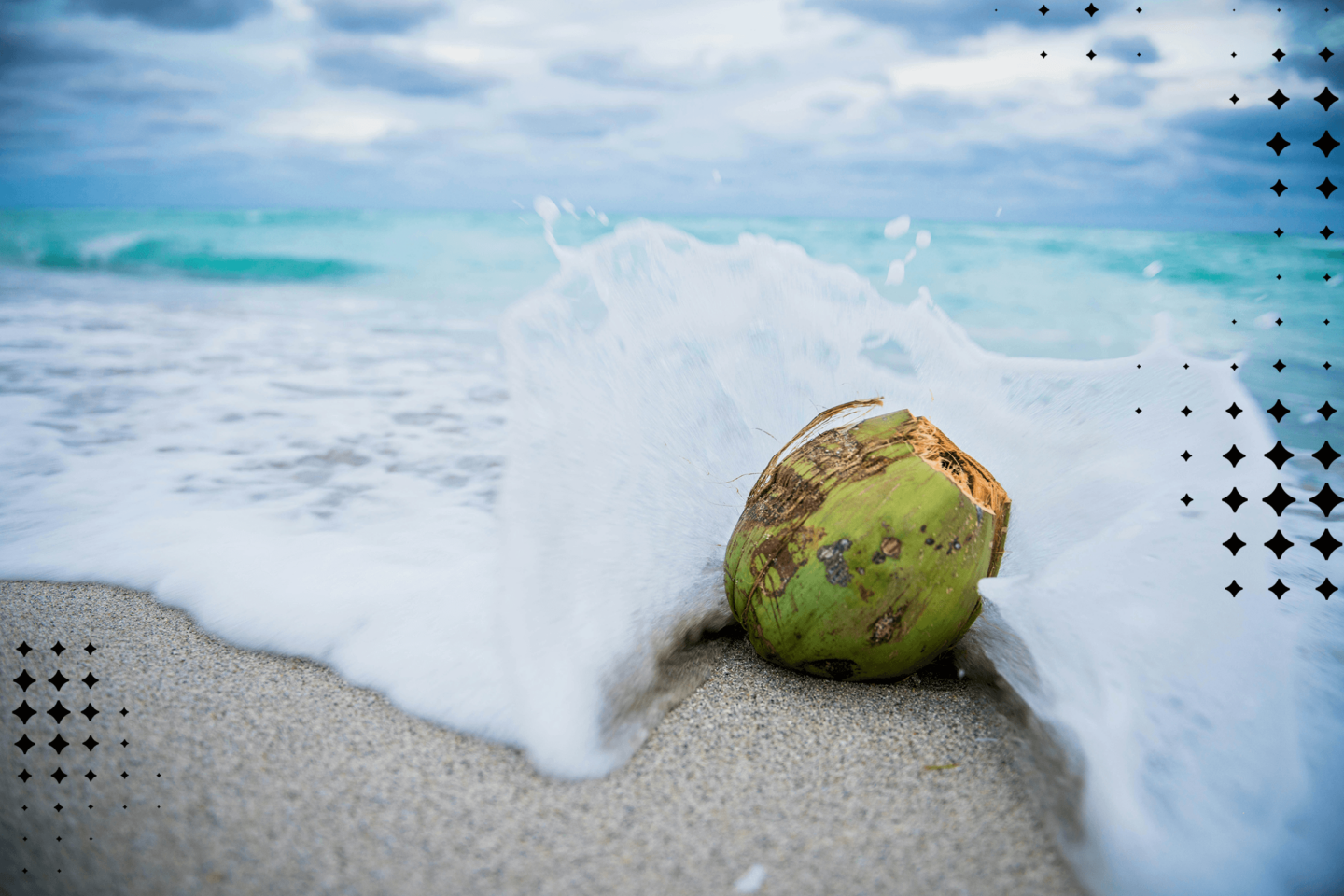The .nu Domain Debate: Insights from the Recent Court Decision
- Domains

Discover how a misunderstanding over a domain name led the remote South Pacific Island of Niue into an international legal battle, shedding light on digital sovereignty and the hidden value of internet domain names.
The South Pacific Island of Niue is one of the most remote places in the world. In 1997, Bill Semich, a magazine editor from Massachusetts, gained control over the .nu domain from Niue. The agreement was marred by misunderstandings; Niue's leaders did not grasp the value of what they were conceding, thinking the domain was no more important than an international dialing code.
This was the beginning of a legal conflict that would take this small island from the South Pacific to the other side of the world - Sweden.
The unseen value of ".nu": Niue's realisation and attempt to reclaim rights
The “.nu” suffix was commonly used in Scandinavia, and this created an unknown value for the domain suffix. The Island of Niue felt cheated, as they weren’t taking part in the steady income of revenue from the domain suffix.
When the discovery of the value of the domain suffix was made the Island tried to cancel its previous deal with Bill Semich and reclaim its rights to “.nu”.

However, the domain suffix was now controlled by the Swedish Internet Foundation (“Internetstiftelsen”).
The Island decided to test their rights and claimed that they were owed roughly 20 million USD in damages. The case has since been tried in the Swedish court. Last week their ruling came, and, to the Island of Niue’s disappointment, the court ruled in favour of Internetstiftelsen.
The Court's decision: Swedish jurisdiction sides with Internet Foundation
According to the court, Internetstiftelsen has acted in accordance with the regulations related to this matter. Internetstiftelsen does not have to apply for permission from the government of Niue in these matters.
Accordingly, a foundation can’t be liable for damages and based on this the petition was denied. Instead, the Island of Niue (and their representative Pär Brumark) needs to pay for the costs related to the court hearing, an amount of roughly 250 000 USD. A detrimental ruling for one of the smallest nations in the world.

The future of digital sovereignty
If the decision will be appealed against is unclear at this time, however, if a potential appeal is granted, and won, what would this mean? Do countries have sovereignty in cyberspace? Will other domain suffixes follow in the Island of Niue’s footsteps? Regardless of the outcome, the complex nature of the case is important for the future of domain names and we will wait for the final chapter of this tale eagerly.
Images
Josiah Weiss via Unsplash
Wesson Wang via Unsplash
Gabriel Vasiliu via Unsplash

Contact us
Do you want consulting, advice or are interested in any of our legal services? Contact us and we will help you!


